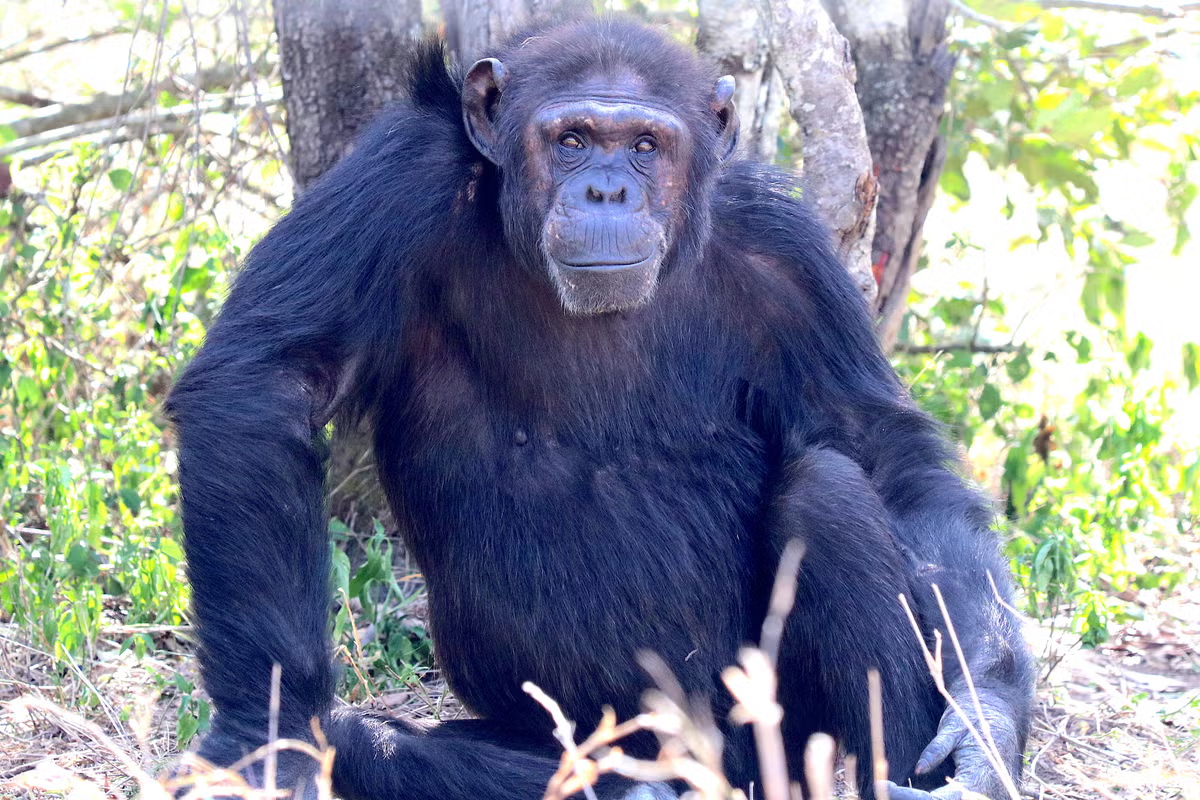You’ve probably heard the old myth that chimpanzees are twice as strong as humans. It’s the kind of claim that resurfaces during conversations about evolution, primal instincts, or alongside the recent ‘100 men vs gorilla’ debate. But how true is it, really?
Turns out, it’s not entirely off, but it’s also not as simple as saying a chimp could out-bench your gym’s strongest lifter.
The Science
According to a study published by PNAS, chimpanzee muscle produces about 1.35 times more dynamic force than human muscle of equivalent size. Not exactly double, but still significant.
Chimp muscles contain more fast-twitch fibres – the ones responsible for explosive bursts of power. Humans, in contrast, have more slow-twitch fibres, which are better suited to endurance. Great for long-distance effort like marathons, not so useful for short, intense bursts of strength.
There’s more to it than just muscle fibres. Humans have evolved extraordinarily fine motor control. This helps with activities such as writing and performing precise movements. But it comes at a cost as our brains apply more inhibition to muscle contraction, limiting maximum force to reduce injury risk and allow for better control. Chimps have fewer of these restrictions, which helps explain their sudden, explosive strength, which is more useful for climbing trees.
Despite this, humans can outperform chimps in certain strength-based tasks. Olympic lifters, strongmen and elite athletes are capable of feats that most animals, including primates, couldn’t replicate of course. But this level of strength takes years to build. For most people, chimpanzees still hold the advantage when it comes to raw, instinctive power.
This article appeared in Men’s Health UK


















